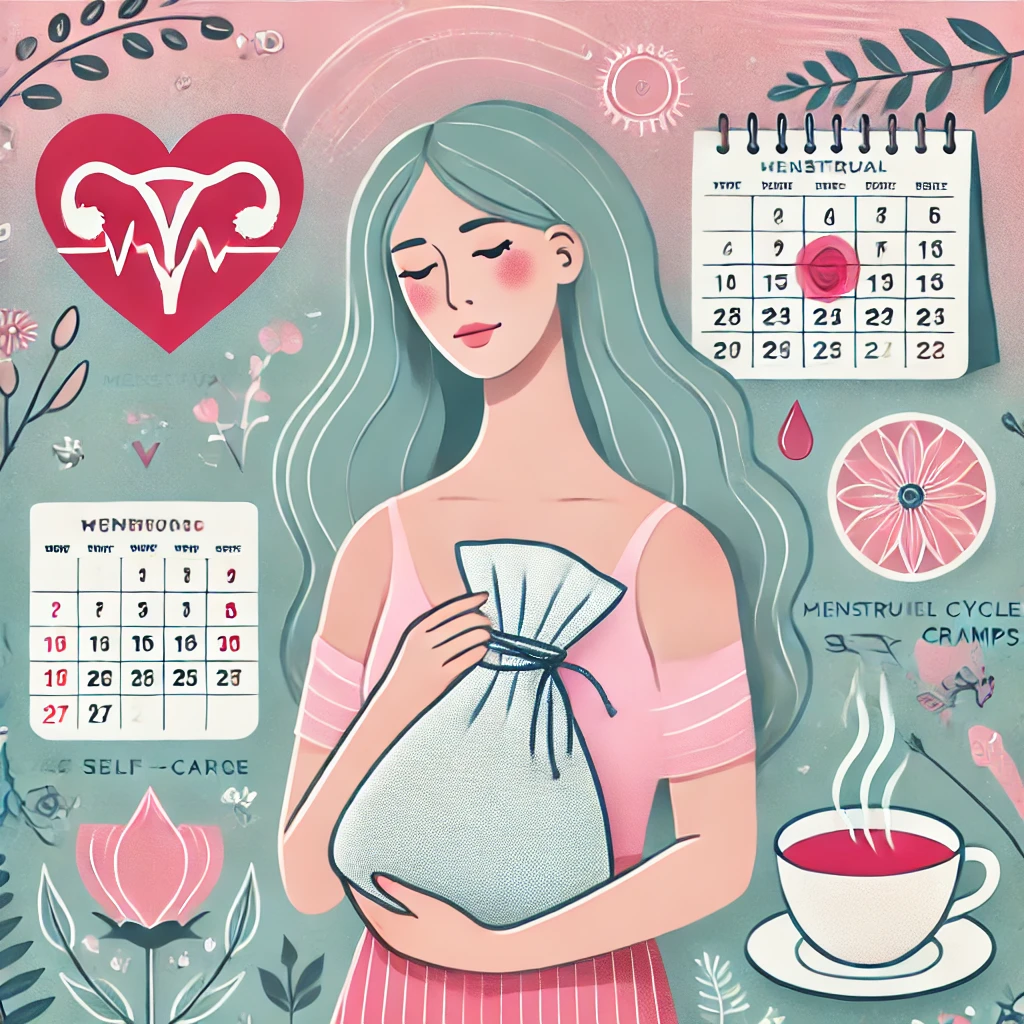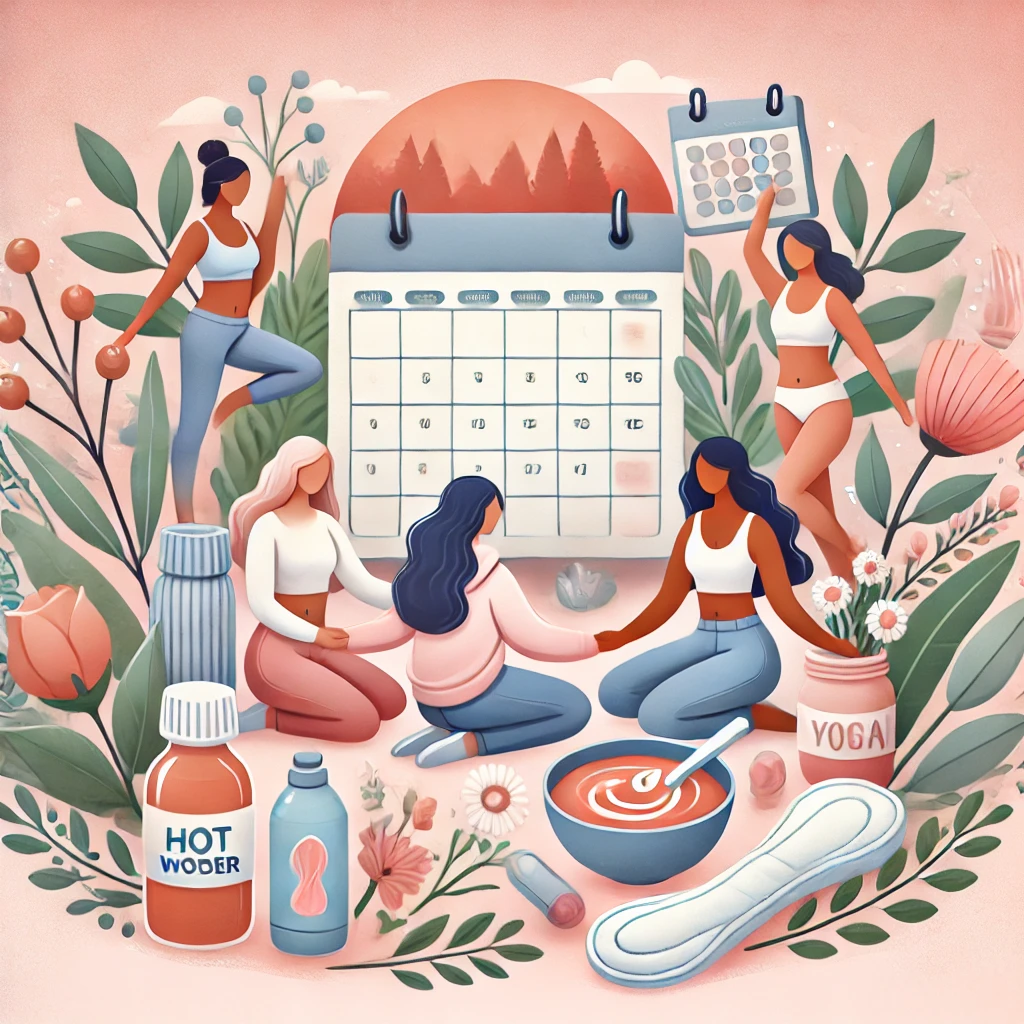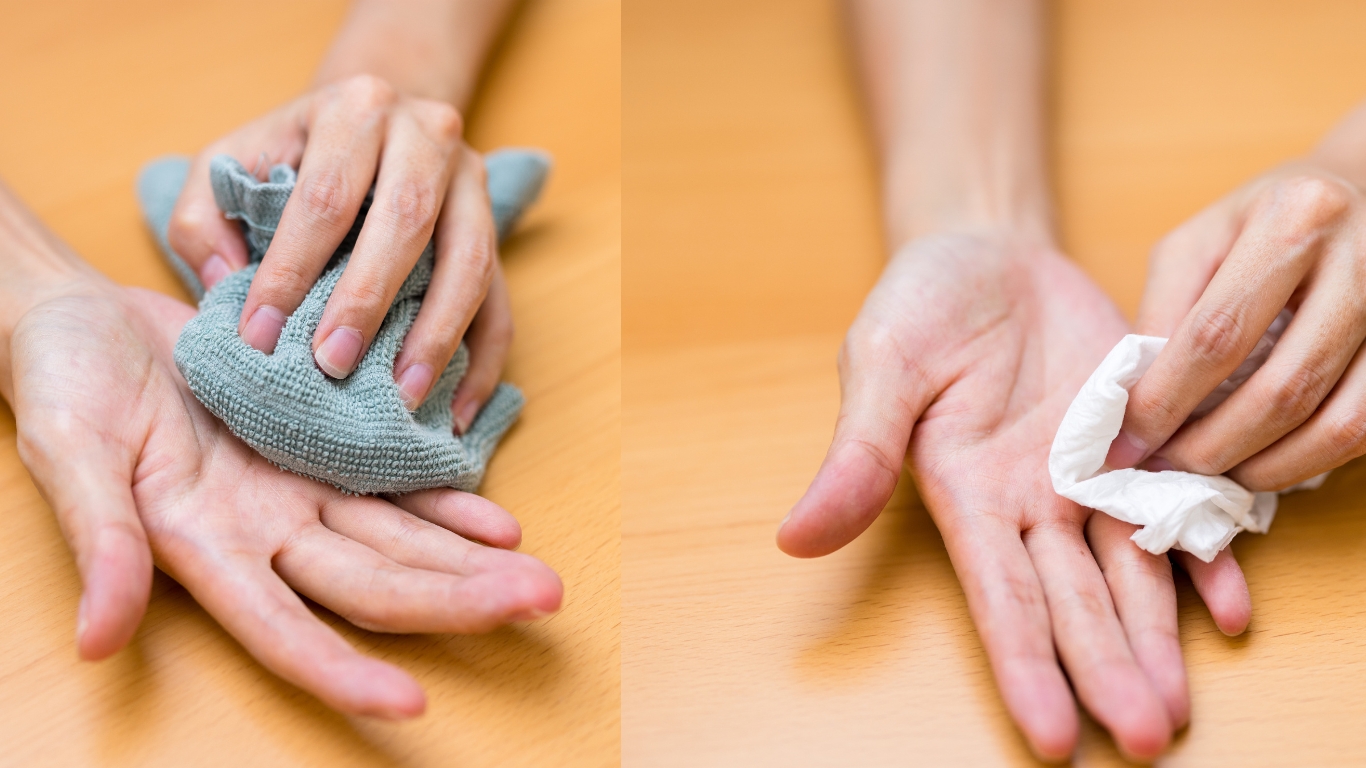Periods are a natural and essential part of a woman’s reproductive health, but they often come with a range of challenges that can affect daily life. From cramps to mood swings, many women experience period problems that can be both physically and emotionally draining. Here, we’ll explore some common menstrual issues and provide practical solutions to help manage them effectively.
1. Menstrual Cramps (Dysmenorrhea)
Menstrual cramps are one of the most common complaints among women. They occur due to the contraction of the uterus to shed its lining.
Solutions:
- Heat Therapy: Applying a hot water bottle or heating pad to the lower abdomen can help relax the muscles and ease pain.
- Over-the-Counter Pain Relievers: Medications like ibuprofen or naproxen can reduce inflammation and alleviate discomfort.
- Exercise: Light physical activity, such as yoga or walking, can improve blood circulation and reduce cramp intensity.
- Diet: Incorporating anti-inflammatory foods like ginger, turmeric, and omega-3-rich fish can also help.

2. Irregular Periods
Irregular periods can result from various factors, including stress, hormonal imbalances, or lifestyle changes.
Solutions:
- Track Your Cycle: Use apps or a period diary to monitor your menstrual cycle and identify patterns.
- Healthy Lifestyle: Maintaining a balanced diet and regular exercise routine can regulate hormones.
- Consult a Doctor: If irregularities persist, consult a healthcare provider to rule out conditions like polycystic ovary syndrome (PCOS).
3. Heavy Menstrual Bleeding (Menorrhagia)
Excessive bleeding during periods can lead to fatigue and anemia if untreated.
Solutions:
- Iron Supplements: If heavy bleeding causes low iron levels, supplements can help.
- Menstrual Products: Use high-absorbency pads or menstrual cups to manage heavy flow.
- Medical Advice: A doctor may recommend treatments like hormonal therapy or other interventions if necessary.
4. Premenstrual Syndrome (PMS)
PMS encompasses symptoms like mood swings, bloating, and fatigue before the onset of periods.
Solutions:
- Lifestyle Adjustments: Reduce caffeine, salt, and sugar intake during the premenstrual phase.
- Stress Management: Practices like meditation, deep breathing, or journaling can alleviate emotional symptoms.
- Supplements: Calcium and vitamin B6 are known to help with PMS symptoms.
5. Endometriosis and Other Conditions
Conditions like endometriosis, which involves tissue similar to the uterine lining growing outside the uterus, can cause severe pain and complications.
Solutions:
- Medical Consultation: Seek a specialist’s advice for diagnosis and tailored treatment options.
- Pain Management: Prescription medications and sometimes surgery may be necessary for severe cases.
General Tips for Period Health
- Stay Hydrated: Drinking plenty of water can reduce bloating and cramps.
- Proper Hygiene: Change menstrual products regularly to prevent infections.
- Listen to Your Body: Rest when needed and avoid pushing yourself too hard.
Periods are a complex aspect of a woman’s health, but understanding the problems and solutions can empower women to manage them better. If you’re experiencing severe or persistent issues, don’t hesitate to consult a healthcare professional.











